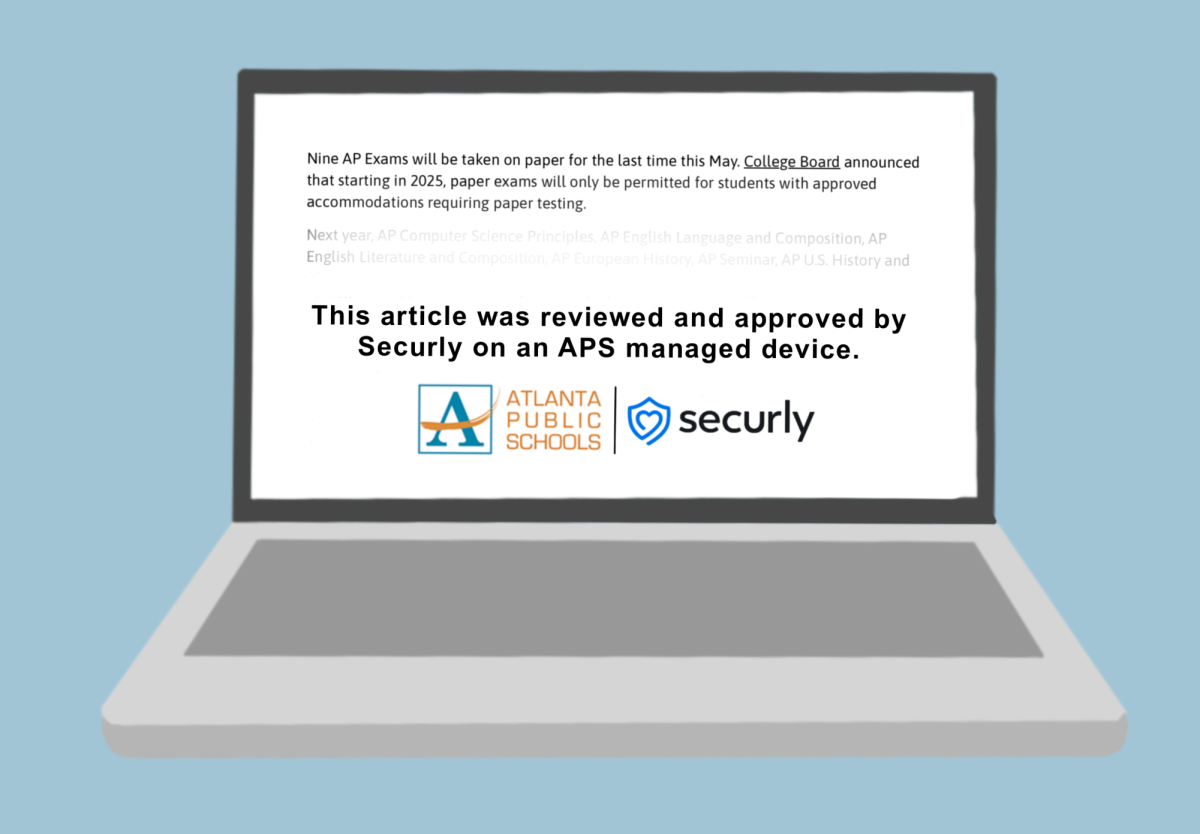As Zika and Ebola continue to plague our world, the media that surrounds these topics moves on as quickly as they can infect. The news has to stay up to date, however the public eye sees these diseases as gone just because the story is off their computer screen.
With today’s media and social outlets, diseases come and go like fashion trends. Back in the 2000s, everyone was hit hard with the panic of Swine Flu and silly bandz. As someone who has been a victim of H1N1, I had to miss halloween and everyone in the third grade was scared to touch me. Despite having a different outlook involving Swine Flu, as my fever was brought down and I got to eat leftover halloween candy, I slowly forgot about the infectious disease along with everyone else.
Whether it be Pollio or Swine Flu, people only talk about these diseases when they feel they are in imminent danger. People in West Africa have been suffering from Ebola since the 1970s, and only recently has media coverage reached an all time high. When a US doctor tested positive for Ebola, every news station in America was focused on his delivery to the CDC.
Ebola has been around since 1976, popping up throughout Sudan and the Democratic Republic of Congo. Just like the flu, Ebola has several strains that attack the immune system, rendering the occupant weak and susceptible to outside diseases. The biggest breakout was in March 2014, infecting thousands of West Africans.
Zika, like Ebola, is a virus. The Zika virus is primarily spread by mosquitos, and is often viewed especially lethal when the recipient is pregnant. Zika, despite being in the news only recently, was first discovered in 1947. In 2015 Zika had a massive outbreak in South America, affecting thousands of civilians and future mothers.
So “Where are they now?” Zika continues to prevail throughout South America, and even affects some parts of Southern Florida. Ebola is contained, but still infects many in countries such as Sierra Leone and Liberia. There is no definitive cure, but researchers are learning new things about the viruses everyday.
According to BBC News, about 11,315 people have died from Ebola. All of these lives are significantly and tragically impacted everyday by something that Twitter turns into a hashtag. All eyes are focused on the divorce of Brad and Angelina, yet some countries in Africa still suffer from diseases like Tuberculosis and Syphilis.
Journalism is the very thing that allows the world to communicate and unite, however many media outlets report on what’s prevalent, not what’s actually happening. I’ve been guilty of reading a news article on Kylie Jenner’s new lip kit instead of a heart wrenching article about the bombings in Syria.
The news feeds us with what we want to hear, and a news story about Ebola in 2016 will likely not top a “Kim Kardashian held at gunpoint” headline. In the future there may be another outbreak of a disease that’s been around for decades, and hopefully we’ll give it the attention it deserves, regardless of whether or not it makes it to the US.












